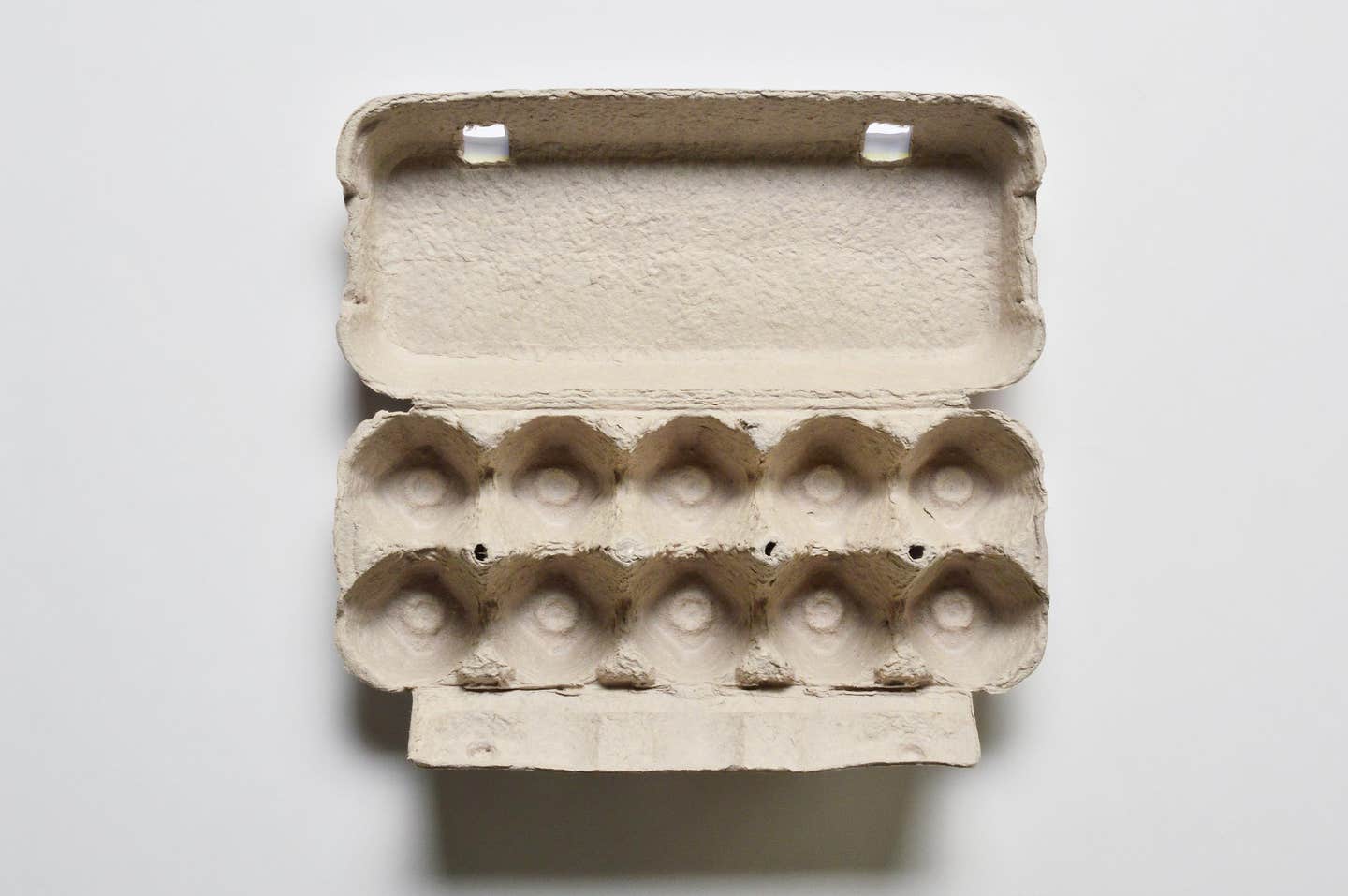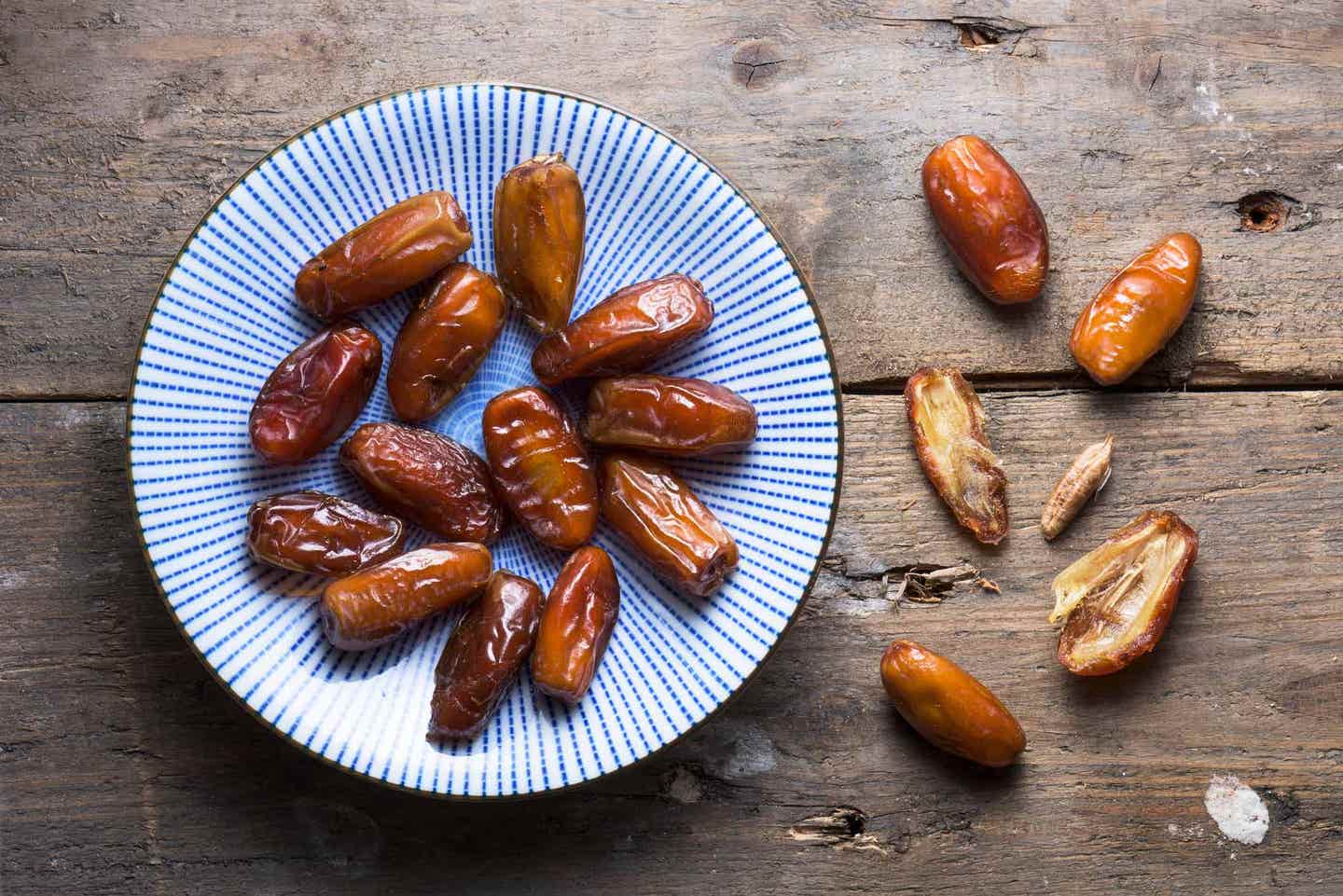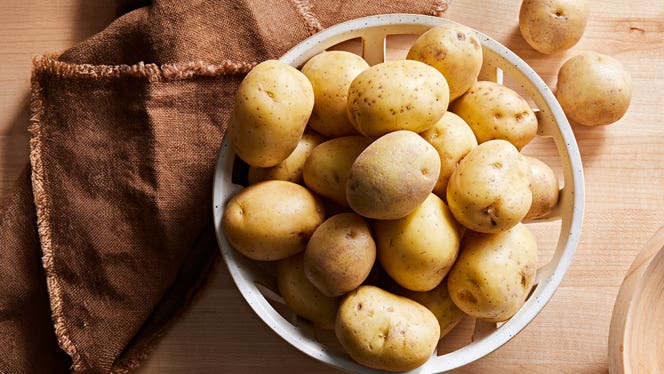As healthy foods go, hummus is in a league all its own. Kids love it. Adults crave it. (Ever found yourself eating hummus by the spoonful straight from the container?) What’s more, hummus is both easy and elegant—just as at home in a lunchbox as it is at a wedding reception. We’ve put together the following collection of tips, hacks, and how-tos that take hummus to the next level, whether you’re starting from scratch or doctoring up a store-bought tub.
1. Start with Our Flexible Base Recipe
Four everyday ingredients are all you need to make a creamy, tangy batch of homemade hummus. This hummus will keep 3 to 5 days in the fridge and can also be frozen. Makes 1 cup.
- 1½ cups cooked or canned chickpeas (or other legumes; see below)
- ¼ cup lemon juice
- 1 Tbsp. tahini paste
- 2 cloves garlic, minced
- Sea salt and freshly ground black pepper, to taste
Combine all ingredients plus 2 to 4 Tbsp. water in a food processor or high-speed blender. Blend until smooth and creamy, adding more water as needed. Season with salt and pepper.
2. Soften the Chickpeas
For a creamier, more luscious homemade hummus, soften up the chickpeas using one of these methods.
- Baking Soda: If you’re cooking your own chickpeas or other beans, adding a pinch of baking soda to the cooking water helps soften the legumes so they break down more easily when blended.
- Hot Chickpeas: Blending the chickpeas while they are hot—either just after cooking or reheated—keeps them light and fluffy and allows them to fully absorb the flavors of the tahini, garlic, and lemon juice.
- Peeled Chickpeas: Peeling chickpeas is a step for purists who like their hummus ultra-smooth and mousse-like, but keep in mind that peeling them will remove some of the fiber. The easiest way to remove chickpea skins is to rub cooked chickpeas between two clean dish towels until the skins are loosened. America’s Test Kitchen has also come up with an easy way to peel canned chickpeas using baking soda.
3. The Ice Cube Trick for Hummus
For extra light and fluffy hummus, adding an ice cube to the hummus mixture before blending helps incorporate air into the mixture. Only add an ice cube if you’re using a heavy-duty blender or food processor that can handle chopping ice.
4. Swap in Different Beans
The term “hummus” comes from the Arabic word for chickpea, but that doesn’t mean the Mediterranean dip/spread has to be made exclusively with chickpeas. Any other cooked legume will work in a hummus recipe, making it a great way to use up leftover beans. Check out our Lima Bean Pesto Hummus and Navy Bean Hummus.
5. Try an Unexpected Nut or Seed Butter
Traditional recipes for hummus calls for tahini, a savory sesame paste from the Mediterranean. Try subbing in other nut and seed butters, such as peanut butter, cashew butter, and sunflower seed butter, for the tahini in a hummus recipe. Or you can skip the tahini altogether as we’ve done in this recipe for The Best Oil-Free Hummus.
6. Switch up the Citrus
Using different citrus juices lets you subtly adjust hummus flavors to suit a given recipe. For example, lime juice’s sour tang plays off the spicy heat of a jalapeño-laced hummus, while orange juice will highlight the natural sweetness in a butternut squash hummus.
7. Add Veggies
Prepared hummus is a billion-dollar industry worldwide, thanks in part to all the different hummus flavors now available. Trouble is, many of those enticing combinations are laced with oils and additives so they stay fresh longer. Fortunately, turning 1 cup of plain, oil-free hummus into your very own specialty version is as simple as blending it with a few choice ingredients. Here are a few combinations to try. All amounts are for 1 cup of prepared hummus or 1 batch of the All-Purpose Hummus Recipe above.
- Roasted Red Pepper Hummus: ¼ cup roasted red peppers + ½ tsp. paprika
- Green Pesto Hummus: ½ cup fresh basil leaves or 2 Tbsp. prepared oil-free pesto
- Chipotle Hummus: 1 chipotle chile in adobo sauce (drained) + 1 tsp. ground cumin
- Artichoke Hummus: 4 frozen, thawed artichoke hearts + 1 tsp. lemon juice
- Beet or Butternut Squash Hummus: 1 cup cooked beet or butternut squash cubes + 1 clove minced garlic + 1 tsp. Dijon mustard
8. Level Up Your Garnish Game
A sprinkle of herbs or spices can add an extra taste and textural element to plain hummus. Here are a few to try. And don’t forget whole chickpeas or beans which make a tasty (and pretty) garnish as well.
- Herbs: Parsley, cilantro, dill, basil
- Spices: Cumin, celery seed, sumac, chili powder, curry powder, ras el hanout, Lebanese 7-spice powder, za’atar
- Nuts and seeds: Pine nuts, chopped walnuts or pecans, slivered almonds, sunflower seeds, hemp hearts
- Seedy sprinkles: Sesame, nigella, or poppy seeds
- More Hummus Recipes from Forks Over Knives
For more healthy homemade hummus inspo, check out these 14 Healthy Hummus Recipes We Can’t Get Enough Of.
For more guidance in healthy cooking, check out Forks Meal Planner, FOK’s easy weekly meal-planning tool to keep you on a plant-based path. To learn more about a whole-food, plant-based diet, visit our Plant-Based Primer.

Related News
Save 40% This WeekOn Forks Meal Planner

Forks Meal Planner takes the hard work out of making nutritious meals the whole family will enjoy.
SAVE $200 ON OUR ULTIMATE COURSE

Join our best-selling course at a new lower price!



